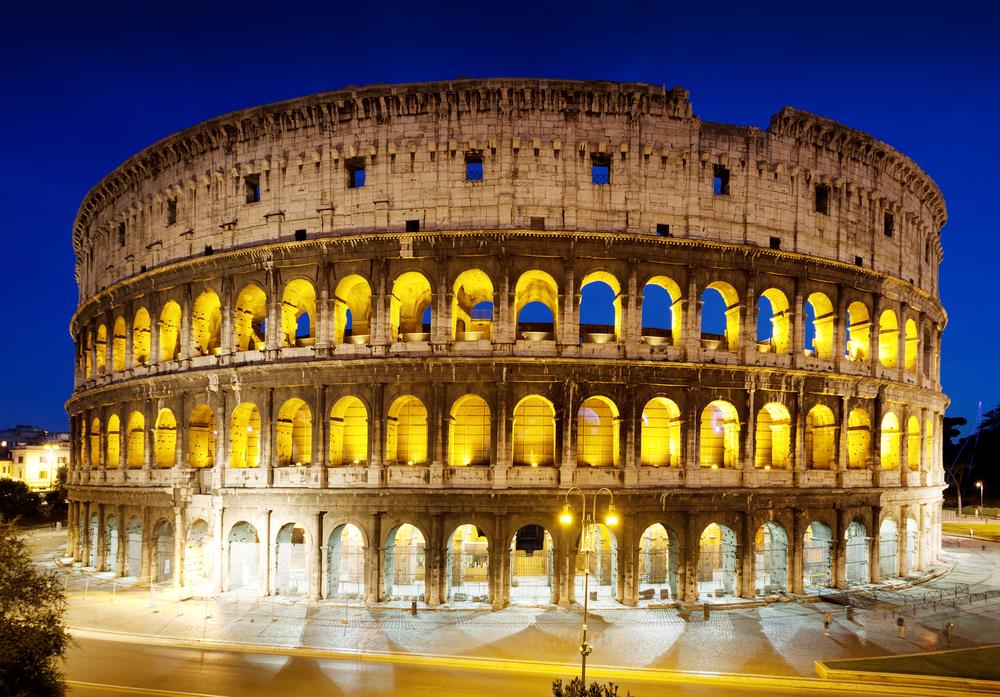After our recent article was written about the etymology of the ten largest cities in France, we came to the conclusion that, while the information was certainly interesting for people passionate about languages, it didn’t make much sense to translate the very French-centric article for our English speaking community. So, instead of translating the article, we decided to set our sights on the ten largest cities in the European Union instead.
The list is comprised of the 10 cities with the largest population within the city limits. So, without further ado…
The 5 largest cities in the European Union
London
While Brexit negotiations are still ongoing, London technically remains the most populous city within the European Union. Unfortunately, that makes my work a little more complicated. The fact is that there seem to be as many guesses as to the origin of the name as there are inhabitants of this capital city.
What we do know is that London served as a commercial centre two millennia ago in Roman Britain. At that time it was known as Londinium. Before that, theories abound as to whether it was named after a conquering king or maybe a Celtic word that the river Thames may have been called.
Berlin
This city has its roots in West Slavic language. From the 6th to the 9th century, the area east of the Elbe River was inhabited by Polobian Slavs (named for their proximity to the Elbe). While eventually the region was absorbed by the Holy Roman Empire, the towns in the area still bear the traces of their culture. Berlin is thought to come from the root “ber” meaning “swamp”. Interestingly, any German towns which end in “in”, “itz”, or “ow” can be traced back to Slavic origins.
Madrid
Like London, it seems that the true origin of the name Madrid has been lost to time. It was first recorded in Arabic “Majrit”. However, there have been many theories, some more credible than others, as to the origin of the name. Some theories tie the name to an old fortress built on the Manzanares River, while others believe that in Roman times it was named Ursalia for the number of bears that inhabited the region
Rome – (Roma)
Rome was said to be named for the first king and founder, Romulus. He and his brother were said to be the descendants of royalty, left on a riverbank, nurtured by a wolf, before eventually growing up to defeat the brother of their grandfather and create a new kingdom on the shores of the Tiber. That 10 second recap probably doesn’t do the legend justice, but those are the bare bones.
The less fantastic source of the name Roma has been accredited to Rumon which was an archaic name for the Tiber River, from “ruo” meaning flow.
Paris
Paris is certainly one of the most straightforward names. Back in the 3rd century BC, the island which now houses Notre Dame Cathedral, Île de la Cité, was home to a Celtic people know as the Parisii. Their city, Lutetia, would one day bear their name, and grow a considerable amount along the way!
The next 5 cities…
I hope you’ve enjoyed the read, and maybe even learned something along the way.
Maybe, at the very least, we’ve convinced you to see where your town name comes from, or maybe you know it already? Share it with us!
In any case, the next 5 cities are going to have to wait. The world of translations is always moving, and that’s all we have time for today!
Stay tuned to our site and our social networks for the next part!

